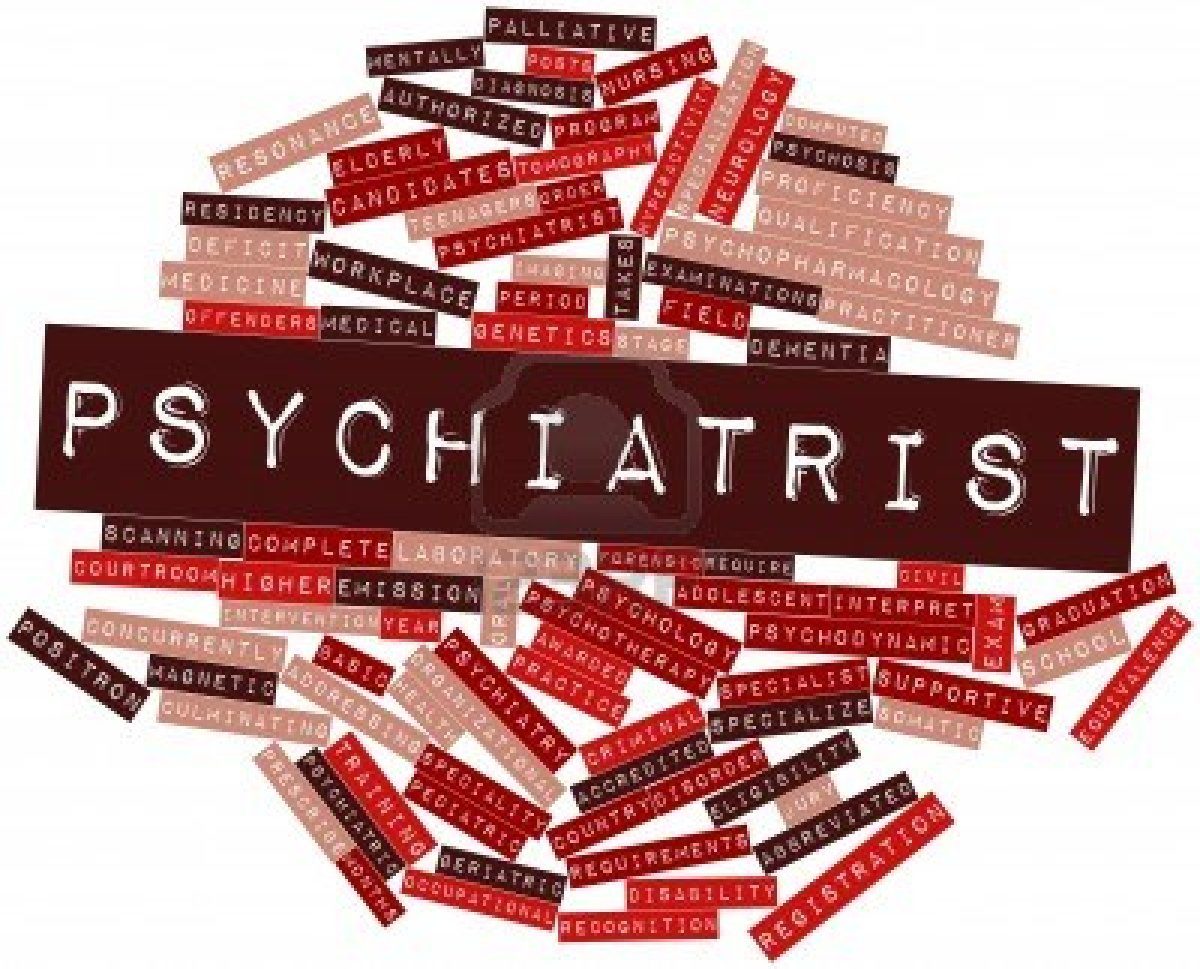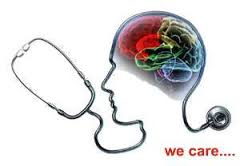
Psychiatrists are skilled in the medical, psychological, and social elements of mental, emotional, and behavioral disabilities and utilize a broad range of medication modalities, comprising diagnostic tests, prescribing aid, psychotherapy, and assisting patients and their families deal with stress and crises. Psychiatrists progressively work in united settings and mostly lead or participate on treatment teams and offer consultation to primary care doctors and other medical specialties.
But wait, have you ever thought of this term “psychologist” in relation with Psychiatrists?
Well, let’s also learn a bit about psychologists. These physicians may have completed a master’s degree, or if fully licensed, possess a doctorate degree from a university or a professional school, Doctor of Philosophy or Doctor of Psychology, or Doctor of Education. Generally, if they are in clinical practice, the degree shall be in Clinical Psychology. Psychologists diagnose mental and emotional disabilities with psychotherapy. Clinical Psychologists also expertise in psychological testing and assessment. Although there are variations in the two fields, psychiatrists and psychologists mostly work together in the medication of patients. A psychologist is unable to give prescriptions, but may suggest a patient be seen by his fellow psychiatrist for receiving medications and vice a versa for psychiatrists, they mostly recommend patients to fellow psychotherapists and psychologist for receiving counseling and/or mental health medical care.

What does a Psychiatrist do?
A psychiatrist is a competent medical doctor who has acquired additional qualifications for becoming a specialist in the treatment, medication and prevention of mental illness and emotional issues. Due to their comprehensive medical and psychiatric education, psychiatrists are able to prospect illness in a united way by taking into consideration the connected aspects of body and mind. Psychiatrists are competent both to identify and treat the effects of emotional interruption on the body as a whole, as also the effects of physical conditions on mind.
Psychiatrists use a large range of effective therapies in the medication and prevention of mental sickness. They can prescribe medication, offer a specialized psychological counseling (like cognitive behavioral therapy (CBT), psycho dynamic therapy and family therapy) and organize support services and aid for individuals and their families. They can also be included in a large range of social therapies comprising families and other groups including rehabilitation of those who have longer term disorders.
Psychiatrists work in different settings, comprising in public and private hospital inpatient sections, emergency wards, community mental health groups, general practice, universities, prisons, private clinics and private practice. Psychiatrists also act as advisers in drug and alcohol functions and to community services. Within hospitals they are normally involved in liaison with other field of medicine and surgery, for instance, as consultants to pain clinics.
Psychiatrists often work jointly with a different other health-care doctors like community psychiatric nurses, social-workers, psychologists, psycho-therapists and the occupational therapists.
Some psychiatrists work in more than one area, like combining part time work in a public hospital with private practice. Psychiatrists are also included in a broad range of community issues and organizations, and are often called upon to help both government and non-government departments in the improvement of mental health policies and services. A few psychiatrists can also be mainly involved in research or a mixture of clinical work and research.
Know when to see a Psychiatrist:
You are really lucky if you feel about the changes that provoke you that you now need a psychiatrist. So, if you feel the following conditions, do visit one:
- It may happen that in spite your best intentions to change stuffs, you still can’t make any changes. In psychological language, you have bumped into an unconscious block to your way to changes. With the assistance of a psychologist you can get over a stress like this.
- It might also happen that you just feel vaguely displeased with your life, but you can’t get a clear sense of what the issue is. In this situation you might consult a psychologist to assist identify and deal the issue. Once the issue is clearly identified, you might be able to continue on your own, or you might identify an unconscious block also.
Conclusion:
Most people who feel that they need a psychiatrist normally do not give a visit simply because they feel it weird to share their problems to a second person. But friends, that is not really your solution; consulting a psychiatrist will definitely help you get rid of your problems. So, if you know any such patient visit your nearby psychiatrist in Nagpur today and help they relieve their stress and mental issue.

Leave Your Comments